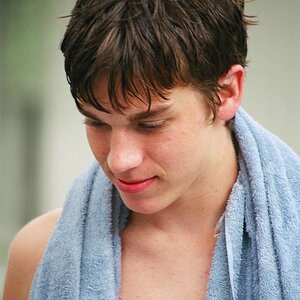Playboy_Mommy
TPF Noob!
- Joined
- May 14, 2014
- Messages
- 61
- Reaction score
- 17
- Location
- Maryland
- Can others edit my Photos
- Photos OK to edit
My name is Michelle. I've had a passion for photography for about 15 years, ever since someone gave me an old Minolta SLR and I shot my first roll of black and white film, but I'm just now learning all of the technical stuff. In the past I've taken some good pictures, and I just sort of go by "feel" - what feels right, what doesn't work - and kind of taught myself on the fly. I've always felt like I can do even more with my camera if I can just understand aperture, ISO, shutter speed, lighting, etc, and how to use them.
So I finally broke down and bought a DSLR (though I will NEVER stop using film - there's just something magical about it!) and signed up for a Basic Photography class at the local community college. I stumbled across this forum and thought "Hey, what the hell, why not? I'm sure these people can help me!"
About me? I'm a 38 year old mother of 2 beautiful teenage girls. I'm gay. I love music, art, cooking, fashion, design. I suffered a back injury about 3 1/2 years ago which totally changed my life. I've had multiple spine surgeries and have more in my future. As a direct result, I lost my job and had a lot of free time on my hands while trying to heal and get well. I've been forced by my limitations to slow down. Instead of sinking into "sad bastard mode" and letting depression drag me down, I decided to look at this as an opportunity to really devote myself to photography, to learning the technical piece, to becoming a better photographer and to create some beautiful art that, maybe, if I'm lucky, will evoke some sort of emotion for at least one person. If I can do that.....well, then this disaster will have been worthwhile.
So teach me! Advise me! Guide me! I'm like a damn sponge and I will soak up anything you want to give me! 😛
So I finally broke down and bought a DSLR (though I will NEVER stop using film - there's just something magical about it!) and signed up for a Basic Photography class at the local community college. I stumbled across this forum and thought "Hey, what the hell, why not? I'm sure these people can help me!"
About me? I'm a 38 year old mother of 2 beautiful teenage girls. I'm gay. I love music, art, cooking, fashion, design. I suffered a back injury about 3 1/2 years ago which totally changed my life. I've had multiple spine surgeries and have more in my future. As a direct result, I lost my job and had a lot of free time on my hands while trying to heal and get well. I've been forced by my limitations to slow down. Instead of sinking into "sad bastard mode" and letting depression drag me down, I decided to look at this as an opportunity to really devote myself to photography, to learning the technical piece, to becoming a better photographer and to create some beautiful art that, maybe, if I'm lucky, will evoke some sort of emotion for at least one person. If I can do that.....well, then this disaster will have been worthwhile.
So teach me! Advise me! Guide me! I'm like a damn sponge and I will soak up anything you want to give me! 😛


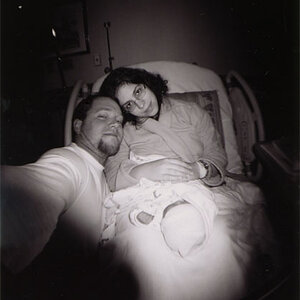
![[No title]](/data/xfmg/thumbnail/38/38262-10a9668da9a2b36a92cddde57caf87bc.jpg?1619738547)
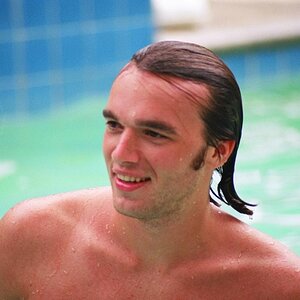
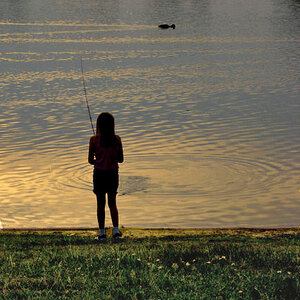
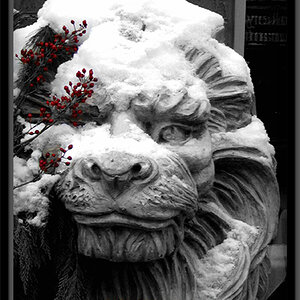
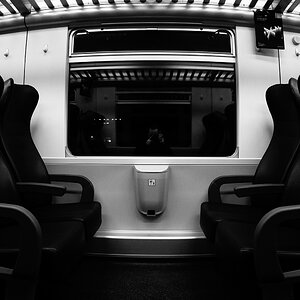
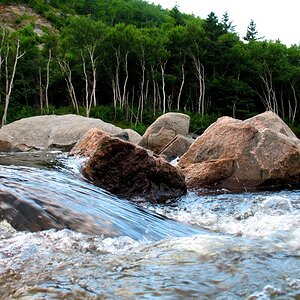
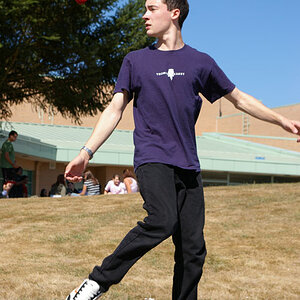
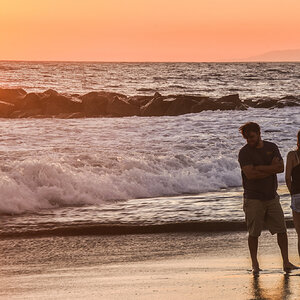
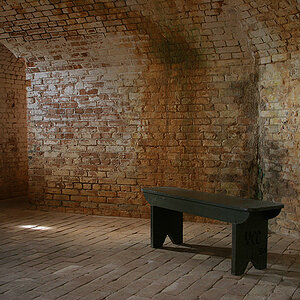
![[No title]](/data/xfmg/thumbnail/35/35597-714b74cc48992e5353856abfe325df68.jpg?1619737065)
